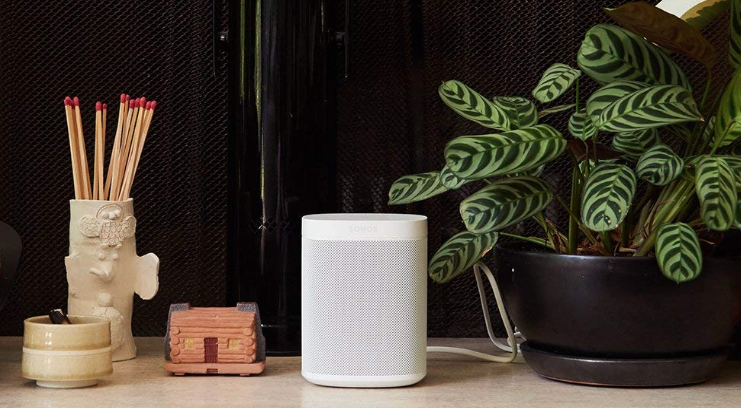
Listening to Music Improves Your Sex Life, Reduces Stress, Increases Productivity: Sonos Survey
A survey shows that listening to music improves our mood and sex life, and makes us more productive.

Sonos has released the findings of a worldwide survey and US-based field study that demonstrates the power of audio to impact health, well-being, and creativity. Globally, people who listen to music three or more hours a day say it is more essential than coffee, sex, or TV, the survey finds.
The global survey — which included 12,000 people across 12 countries — found that listening, especially to music, is key to “reducing stress, improving productivity, feeling more connected to one another, and being healthier.”
According to the survey, 73 percent of respondents said that listening to music helps them be more productive at work that drinking coffee might. Respondents also said that their productivity increased by 50 percent or more, and half said that they wouldn’t be as successful without music.
Additionally, 75 percent of respondents who exercise regularly said that music has been made more of an impact than any exercise supplement. Another interesting tidbit is that 76 percent of people said that a person’s taste in music tells them more about them than their tattoos.
Music also has a big impact on one’s sex life, concluded the survey. According to the survey, about 59 percent of people say listening to the right music can make sex better, and 56 percent feel the right music can make them more adventurous in the bedroom. Additionally, 76 percent of people surveyed feel an instant connection when they know someone likes the same music, and 70 percent say good taste in music makes someone more attractive.
Music also greatly affects human emotions, as 54 percent of respondents said that music has made them “either laugh or cry unexpectedly,” while 68 percent said that music improves their mood and 74 percent feel less stressed when listening to a favourite song.
The online survey was conducted from March 15 to April 5, 2019, and included people in 12 countries around the world. The survey looked at a total of 12,010 members of the online population between the ages of 21 and 50 in the U.S., Canada, Mexico, the U.K., France, Germany, Sweden, Denmark, Belgium, Netherlands, China, and Australia. Data within countries is balanced across gender (approximately 50% male and 50% female) and age (approximately 33% ages 21 to 30, 33% ages 31 to 40, and 33% ages 41 to 50).
Reads the entire survey results here.

